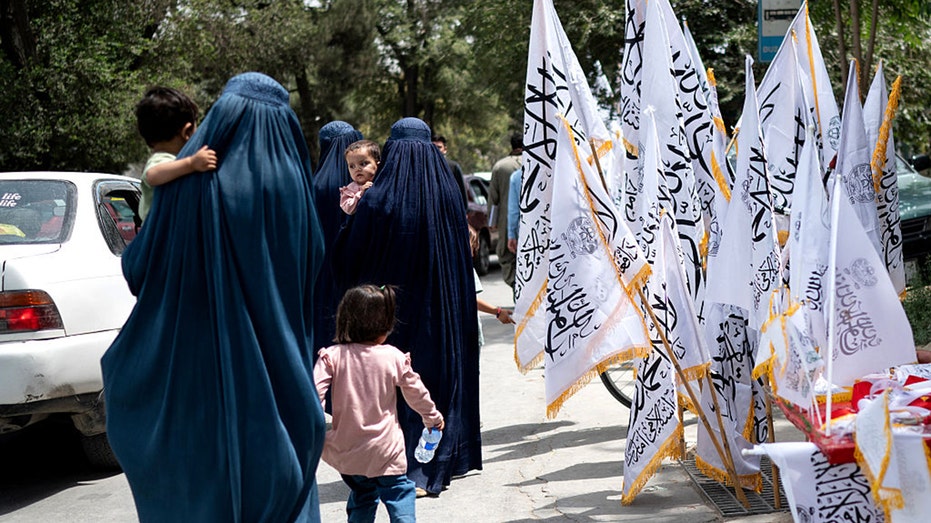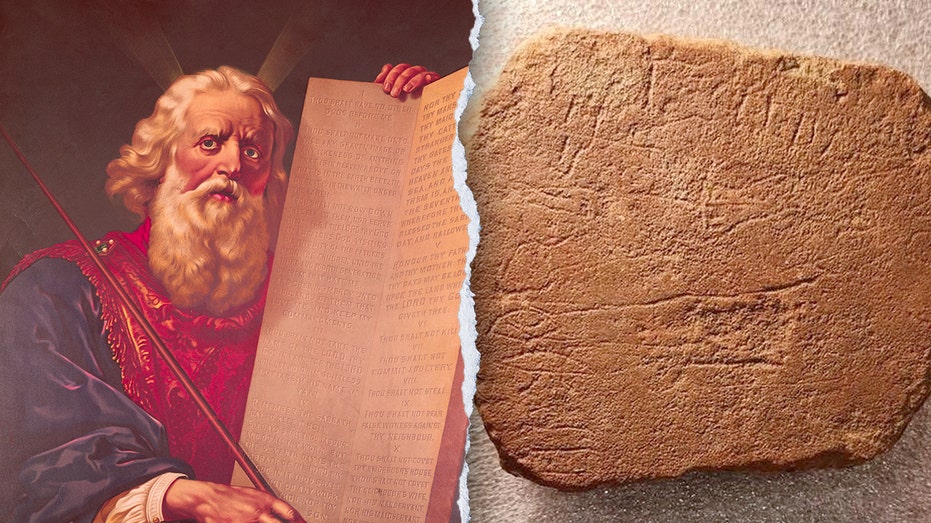Antarctic Ambition Grounded: Unpacking the Ethan Guo Incident and Its Implications

Sarah Johnson
August 14, 2025
Brief
Analysis of Ethan Guo's Antarctic detention reveals complexities of travel regulations, environmental protection, and implications for the Antarctic Treaty System, highlighting key lessons.
Solo Flight Interrupted: Analyzing the Case of Ethan Guo and Antarctic Travel Regulations
Opening Analysis: The case of Ethan Guo, a young pilot detained in Antarctica, raises critical questions about the intersection of ambitious personal missions, international travel regulations, and the complexities of operating in environmentally sensitive regions. While framed as a fundraising endeavor, Guo's actions underscore the need for stringent adherence to established protocols, especially in Antarctica, governed by unique international agreements.
The Bigger Picture: Antarctica, unlike any other continent, is governed by the Antarctic Treaty System (ATS), established in 1959. This treaty, initially signed by twelve countries, including Chile and the United States, designates Antarctica for peaceful purposes like scientific research. It prohibits military activities, mineral exploitation, and implicitly regulates tourism and private expeditions. The ATS has evolved through conventions like the Protocol on Environmental Protection to the Antarctic Treaty (Madrid Protocol), further emphasizing environmental preservation. Guo's unsanctioned landing falls within a historical context of increasing regulation to protect Antarctica from human impact.
What This Really Means: Guo's detention isn't merely a bureaucratic mishap; it highlights the tension between individual aspirations and the collective responsibility to protect Antarctica. His alleged falsification of flight plans suggests an attempt to circumvent established procedures, potentially jeopardizing search and rescue operations should an incident have occurred. More broadly, this incident underscores the need for clear communication and understanding between aspiring travelers and the governing bodies responsible for Antarctic management. Furthermore, the fact that he was first charged indicates that authorities viewed his actions as a deliberate violation, not a simple mistake.
Expert Perspectives: According to Dr. Alan Hemmings, a leading expert on Antarctic governance, incidents such as Guo’s, while seemingly minor, test the robustness of the Antarctic Treaty System. He states: "The Treaty System's success rests on the willing compliance of its signatories. Violations, even by private citizens, can gradually erode the authority of the agreement and create precedents for future transgressions.” Bryan Stern's perspective from Gray Bull Rescue emphasizes a practical angle: respecting the sovereignty of the countries involved and negotiating amicable resolutions when laws are broken.
Data & Evidence: Data from the International Association of Antarctica Tour Operators (IAATO) reveals a steady increase in tourism to Antarctica, bringing more than 74,000 visitors in the 2019-2020 season, before the pandemic affected travel. This growing influx places increasing pressure on the continent's delicate environment. While Guo's activity was not conventional tourism, any unauthorized activity adds to the overall stress on the ecosystem. Furthermore, search and rescue operations in Antarctica are exceedingly costly, potentially exceeding $100,000 per day, underlining the importance of responsible travel and accurate flight planning.
Looking Ahead: This incident will likely result in heightened scrutiny of private expeditions to Antarctica. Insurance companies may revise their policies to account for the costs associated with unauthorized landings and potential rescue scenarios. Governing bodies under the ATS might also consider implementing stricter pre-flight checks and providing more comprehensive educational resources for aspiring travelers to ensure they fully understand the legal and environmental implications of their journey.
The Bottom Line: While Ethan Guo's intentions to raise money for cancer research were commendable, his actions in Antarctica serve as a cautionary tale. The episode underscores the imperative of respecting international rules, understanding the historical context of Antarctic governance, and recognizing the potential consequences of even seemingly minor violations within a sensitive geopolitical and environmental landscape.
Additional In-Depth Content
- The Role of Non-Governmental Organizations (NGOs) in Monitoring Antarctic Activities.
- The Impact of Climate Change on Antarctic ecosystems and the need for stricter regulations.
- Comparative analysis of Antarctic regulations versus those in the Artic
Expert Insight:
“The Antarctic Treaty System is essentially a self-policing agreement. Incidents like this highlight the need for vigilance and strong enforcement mechanisms to maintain the integrity of the System.”
— Dr. Jane Francis, Director of the British Antarctic Survey
Topics
Editor's Comments
While Guo's case is compelling due to his age and charitable intentions, it raises a fundamental question about the balance between individual freedoms and collective responsibility, particularly in shared global spaces. Moving forward, clearer protocols and education are needed for private expeditions, but ultimately, individuals must internalize the importance of respecting international agreements designed to protect vulnerable environments. Perhaps a system of pre-approved 'adventure permits' could be explored, coupled with mandatory training on environmental protocols.
Like this article? Share it with your friends!
If you find this article interesting, feel free to share it with your friends!
Thank you for your support! Sharing is the greatest encouragement for us.






